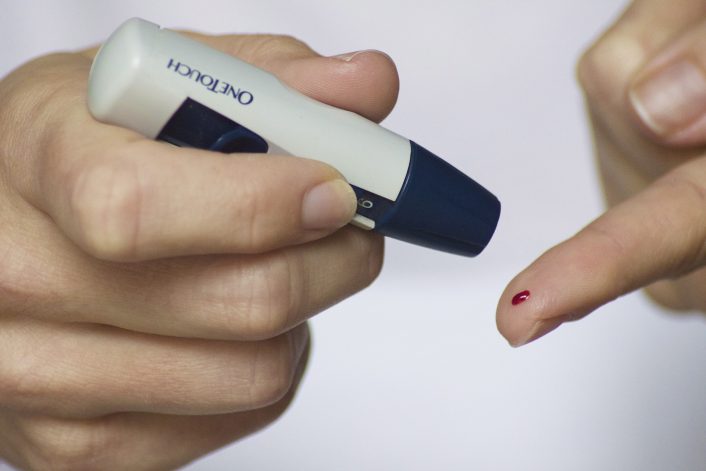
What is it?
Hypoglycaemia is low blood sugar and it’s one of the most common problems related to diabetes.
Taking too much medication, not eating enough or exercising a lot might cause low blood sugar in people with diabetes. If untreated, low blood sugar can cause serious health risks. Some people with low blood sugar have no symptoms. Others might have shakes, hunger, sweating and mood changes.
What will my GP do now?
Your GP will identify the causes of your low blood sugar. Your GP will also:
- Test your blood sugar levels
- Assess your medication and doses
- Educate you on the signs and symptoms of low blood sugar
- Review your fitness to drive and operate heavy machines
- Ensure you have a glucagon emergency kit at home
- Refer you to a local diabetes specialist if needed
What will my GP do in the future?
Your GP will continue to check your health and review your medication. You may need to record your symptoms and keep a seven-day record of your blood glucose.
Your GP may also refer you for diabetes education if needed.
What can I do?
- Always carry carbohydrates with you, and carry ID that states you are diabetic. Keep a record of all episodes of low blood sugar.
- Try to work out the reason for your low blood sugar so you can prevent it.
